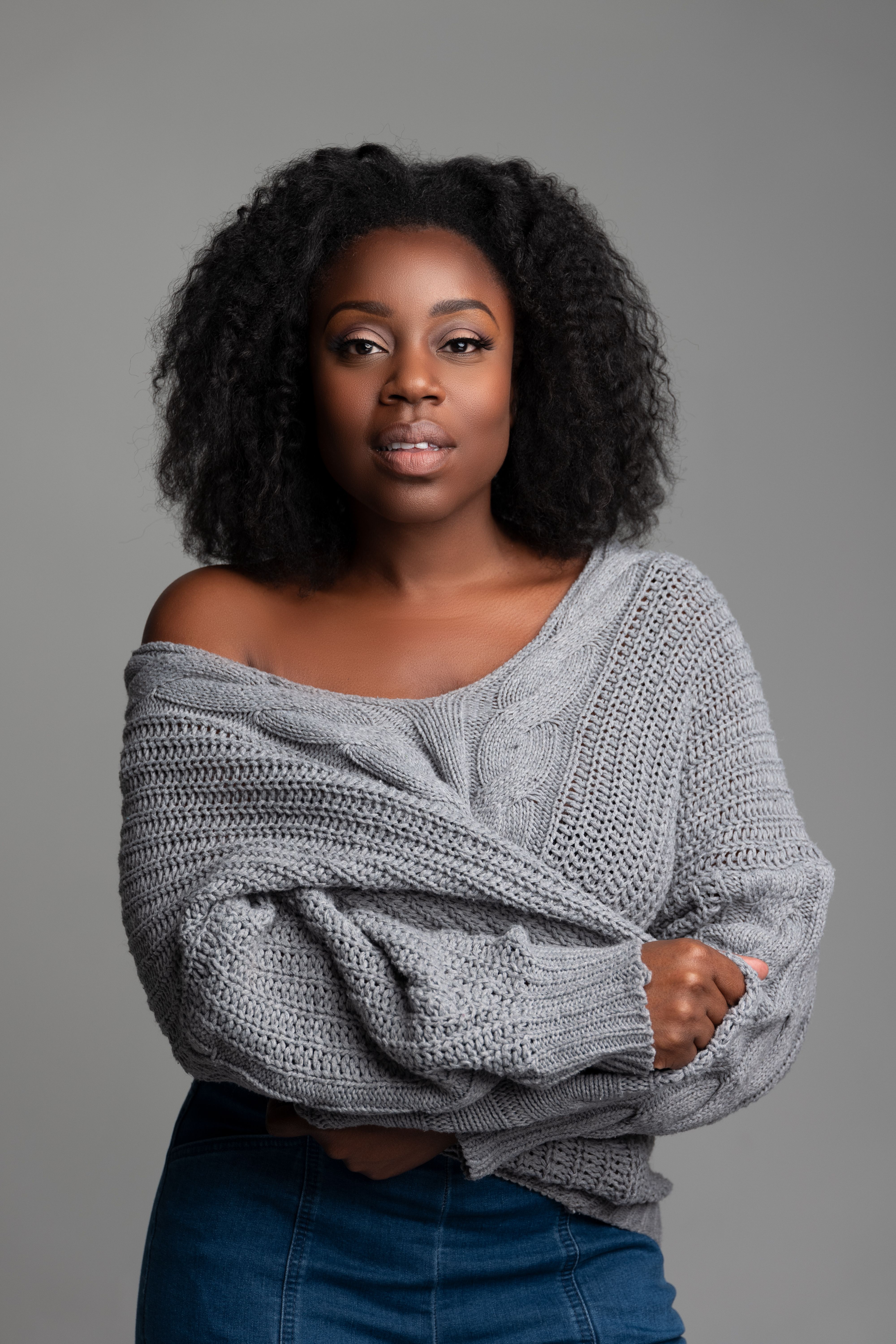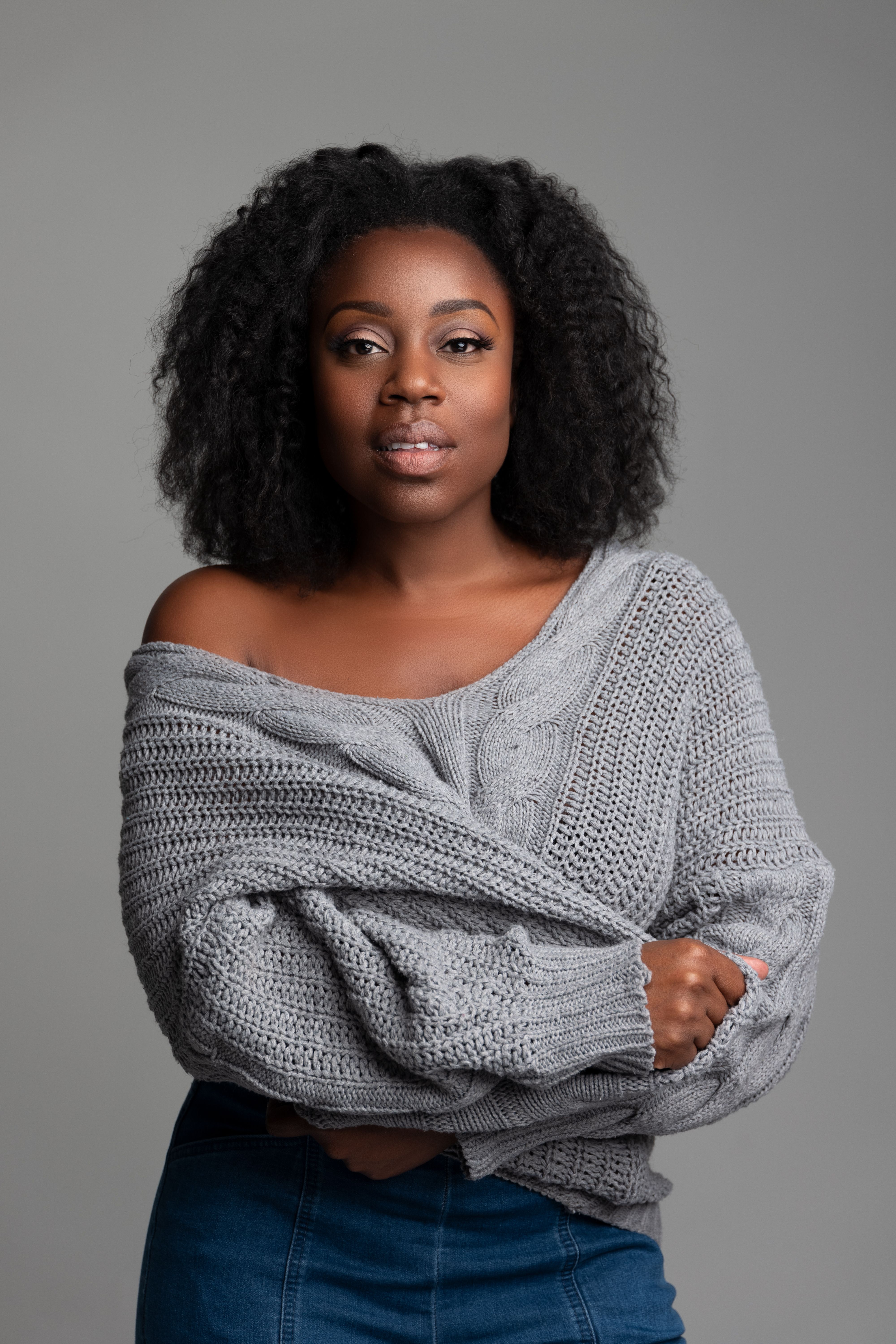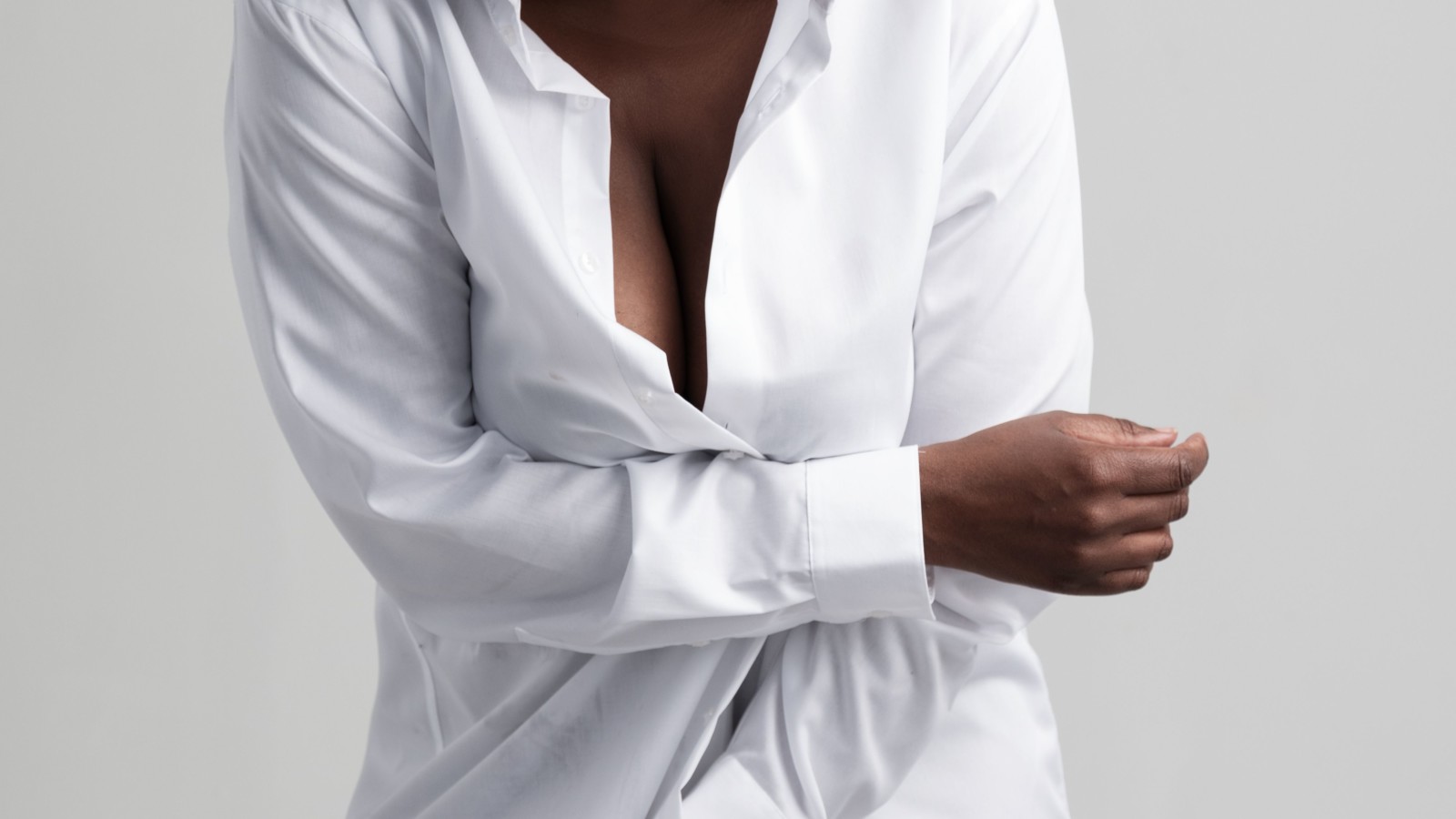I think I was 6 years old, the first time time I was told how ugly I was. Being a brown-skinned-girl in a lily-white school it was easy to be seen and targeted as not meeting the beauty ‘standard.’ I remember when I heard the Indian boy who called me ugly and other derogatory words (yup! that word too), I was truly perplexed. It was as though someone had finally presented me with information that I had no clue about at all.
Me? Ugly? Really! I had no idea.
He and a friend would run after me around the playground at recess and taunt and jeer with these words. Because I felt like this was new information I took it, but it didn’t really sink in being that I was also in the quandary of trying to figure out how, with our skin tones being so similar, was I the only one who was ugly. But, nonetheless, I settled that it must be the case and decided to move on and focus in other areas.
‘Oh ok, I’m ugly. That’s fine. I can do so many amazing things so I’ll just focus on that.’
My internal dialogue after kids at school called me ugly for the first time.

Photo by Aaron Lacy
By the time my family had migrated to Canada, the experiences of that school were quickly eclipsed by my excitement to begin a new one in a whole new country. I wondered what the people ate, and the type of games that the children played. I knew that everyone spoke English, but was so elated about all that I would learn in this brand new world.
School was lots of fun, save a teacher that I didn’t like AT ALL, I had children that both looked like and different from me. The diversity of my new school was standard and could be found in many classrooms across Toronto. I didn’t really question my beauty during this time, however the ‘fact’ that was shared with me all those years before did begin to germinate.
Middle school and high school brought a flurry of changes, both internally and externally. Instead of caring much about my looks (and as I began the process of other traumas that further corroborated the ‘ugly’ narrative), I began to hide my body and just focus on education. I was considered really intelligent and skipped/fast tracked through high school. Graduating at 16. Those years were peppered with crushes and being crushed by them, never having a boyfriend (at least in public), being ‘dissed’ for my nose, lips, hair and skin tone and only called beautiful in private. It felt as though my beauty was more about a best kept secret than just an accepted standard. Even though there were many who acted as though I was beautiful (and would admit so in privately) the public scrutiny that they would experience if they told this truth wasn’t something they were willing to face, and thus they defaulted to the general stance that society has portrayed for so long – ‘do not let her know how beautiful she is.’
Beauty standards have long since been a source of racism and segregation for women of color and it can be heard far and wide in many spaces around the world. The way I was treated and ridiculed was not from an internal place, but rather the result of constant messaging from external biased sources. Beauty Journalist Funmi Fetto shares her story about beauty and spoke words that rang true for me too. After not finding her skin tone foundation in a local pharmacy she says “It was like I had turned up to a party to which I was not invited. I felt irrelevant, excluded and ashamed. ” This was often how I felt about my beauty and being considered such so many time. I thought ‘beauty’ would include me too, but so often, when I showed up to the party, I found that I didn’t have an invitation…or worse yet, people were intentional about calling out that I wasn’t invited to begin with.
What I had to do was create my own party? As tough as this was, as strange as this initially felt, understanding the strength of my beauty was an inner journey that I had to take. As I raise a young black woman, I saw that her chocolate skin was just as radiant as my own. Her hair was just as soft and beautiful and her features spoke in the same manner as mine did of the royal strength of our heritage and ancestry. This type of resolve is, in itself, an act of revolution. Black women believing that they are beautiful without a change required is a bold beauty statement and one that I had to make. Black women should understand that our beauty should be called out and praised, not as exotic, but as a part of what is generally expected when we think of beauty. What we are isn’t a secret, when a black women is beautiful it isn’t an exception or rare case, it is the rule.
So how does this tie to Antiracism work? Well, the truth is that with the standard of beauty being so Eurocentric for so many centuries, turning the page to diversify what beauty is needs to be a collective effort. We have seen the rise of women of color in beauty over the last while with more products being created by and for them (for example Pat McGrath Labs, The Lip Bar, Fenty), we have more black models now instead of there only being space for one and we have black women in main stream media showing up as themselves however they decide to. What is also needed is for children to be taught to embrace and celebrate differences instead of calling it out as not belonging (probably not a good idea to run around calling a child or color names in the playground). We need ally parents to teach their own children to step up and look out for opportunities when they do not see it for their friends. The burden of representation should not always fall on those who are not well represented. We need to see more people expecting diversity and looking for it. Diversity should be the rule, not the exception.

To all of those who made fun of me, who jeered, ridiculed, overlooked and mocked me for what they never wanted me to see, I say thank you. Not because what you did felt so great, because please know it didn’t, but because it allowed me to form a resilience and determination to ensure that no one else feels how I did. You sparked this revolutionary journey in me to seek out my beauty and truly hold on to it. When I see myself now, I know that I fought to become all of this beautiful, brown, chocolate woman and I do not take her for granted. I may not have liked the ‘bricks’ you threw at me back then, but I used everyone to build something where people can come together now.
My beauty IS the standard too. That is what I have come to learn and accept on the inside. It took me some time to see that this was a revolution too, but I’m ready for it.


